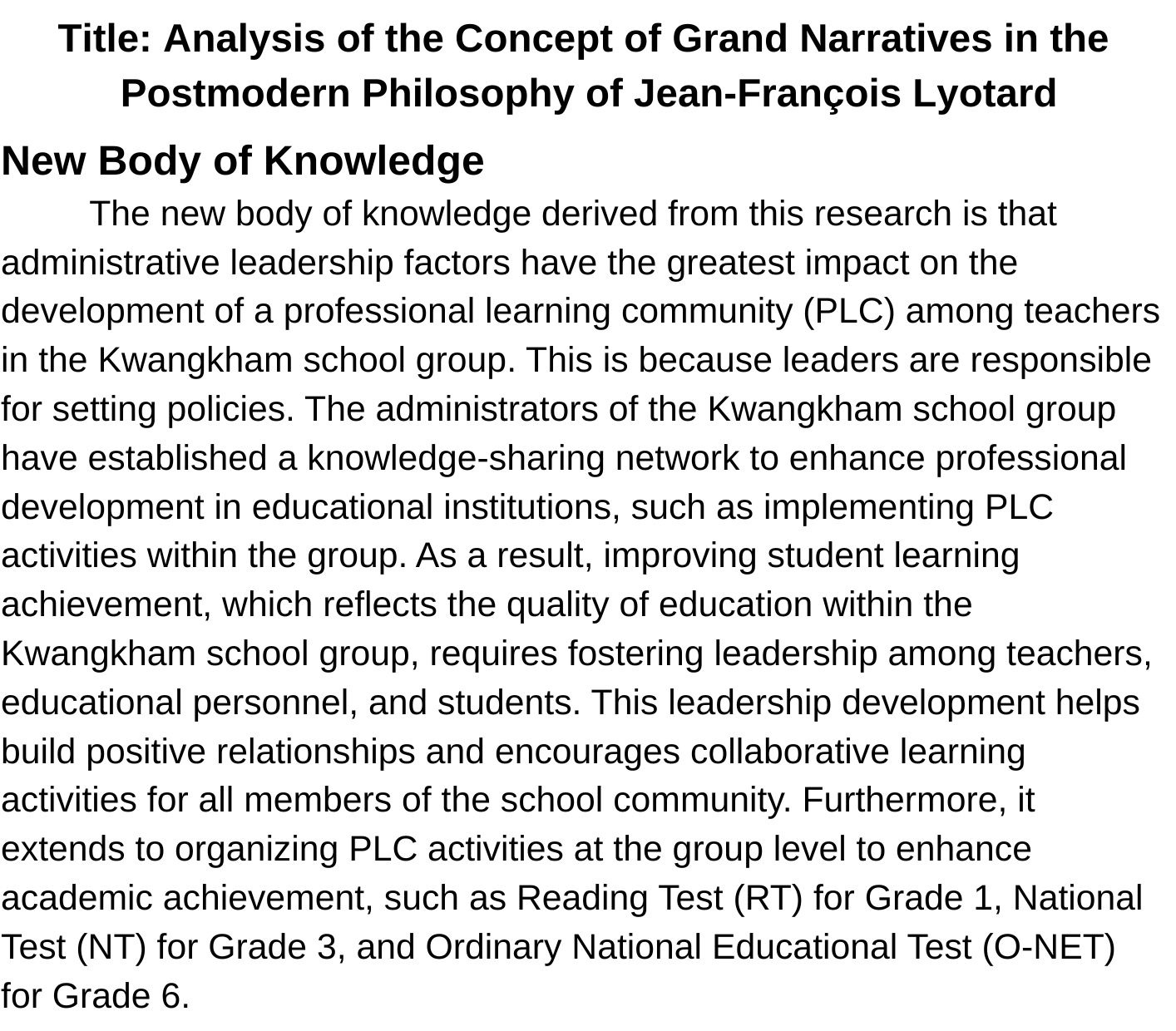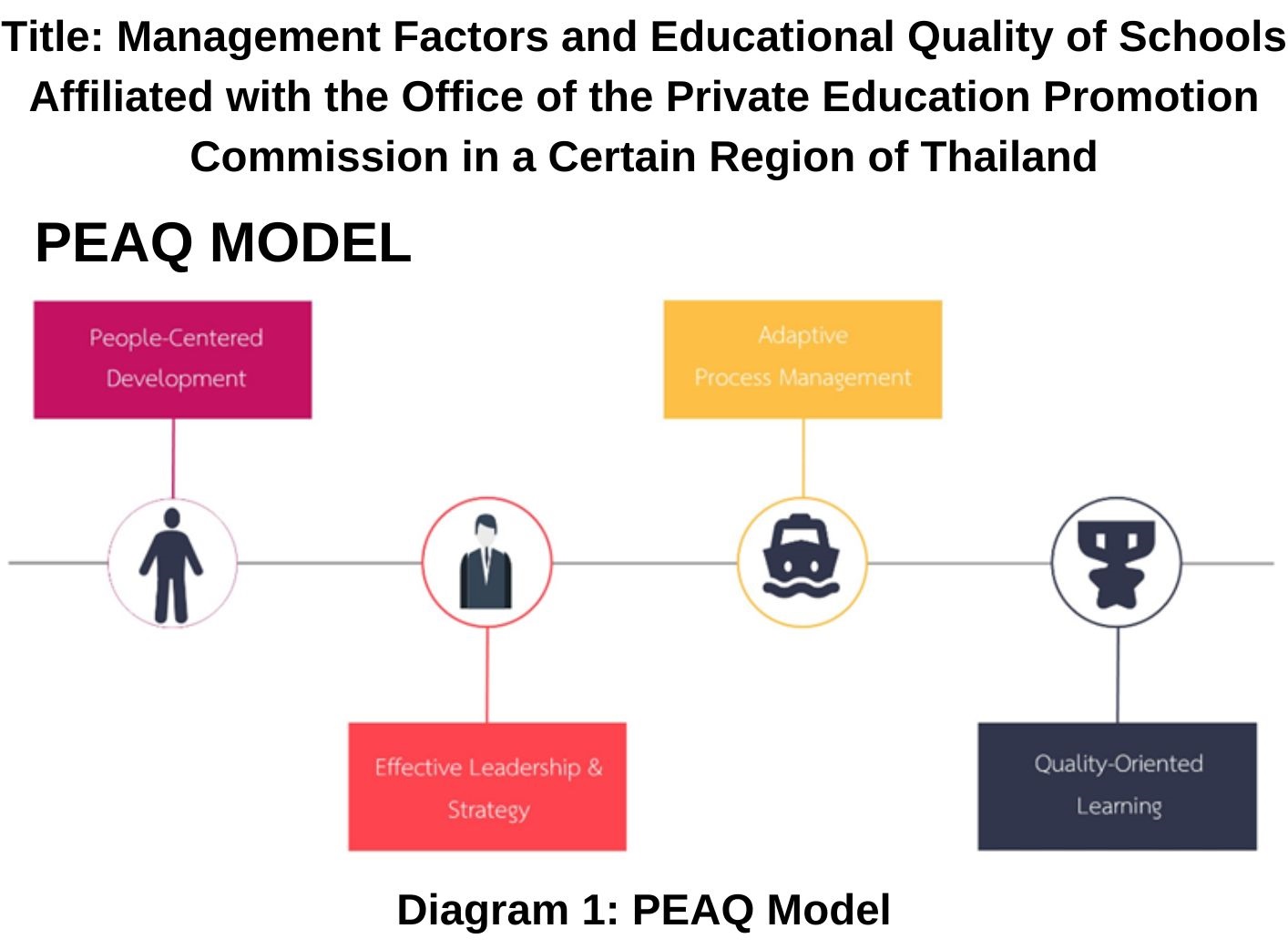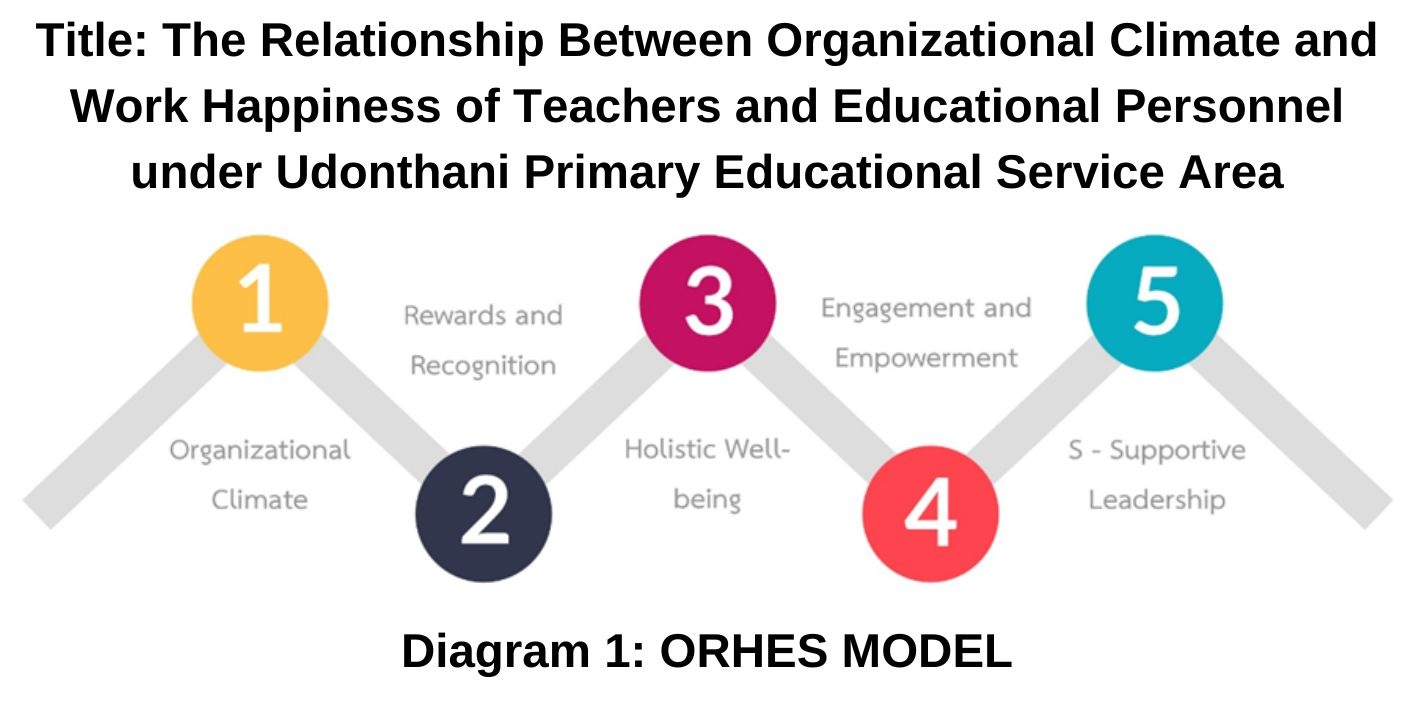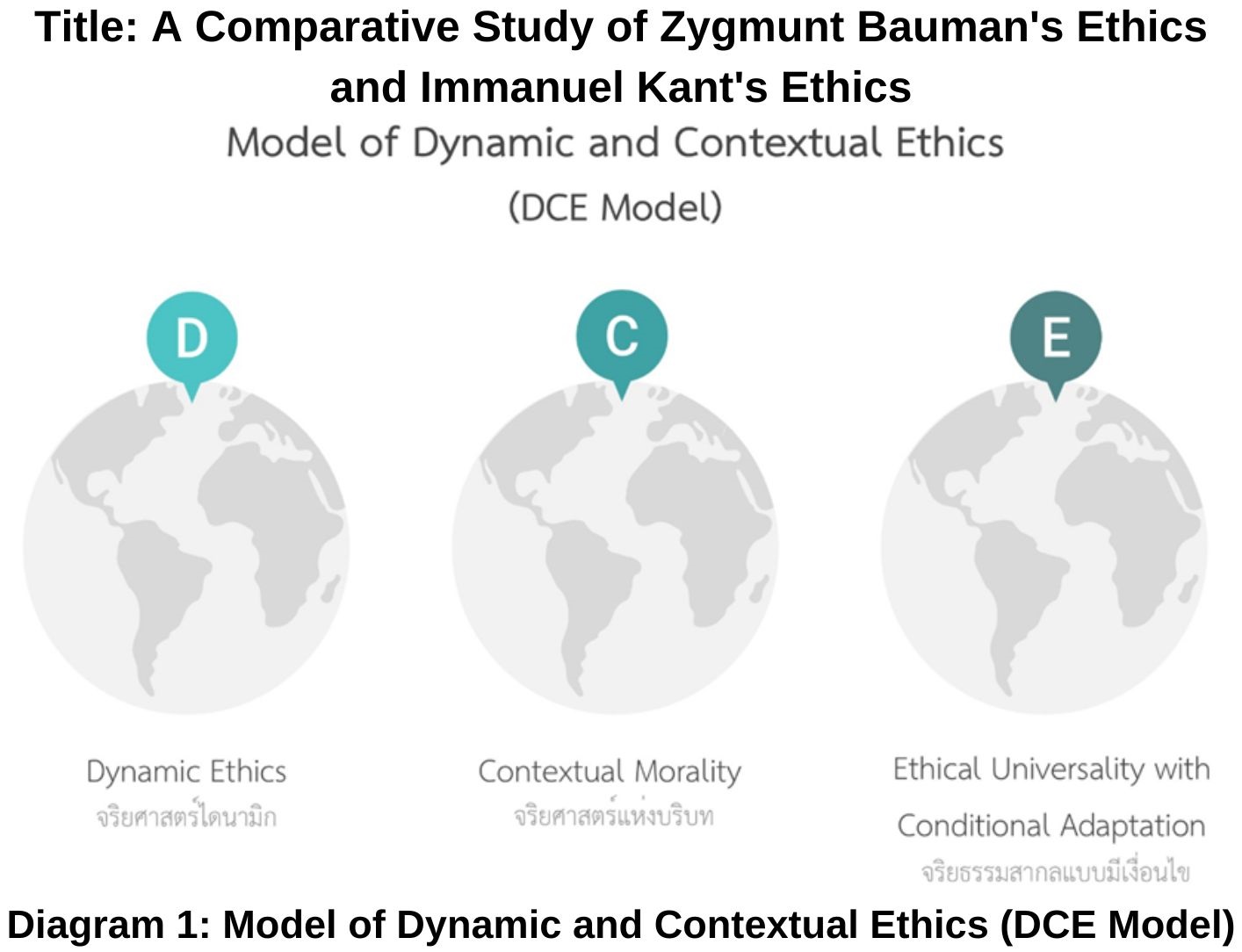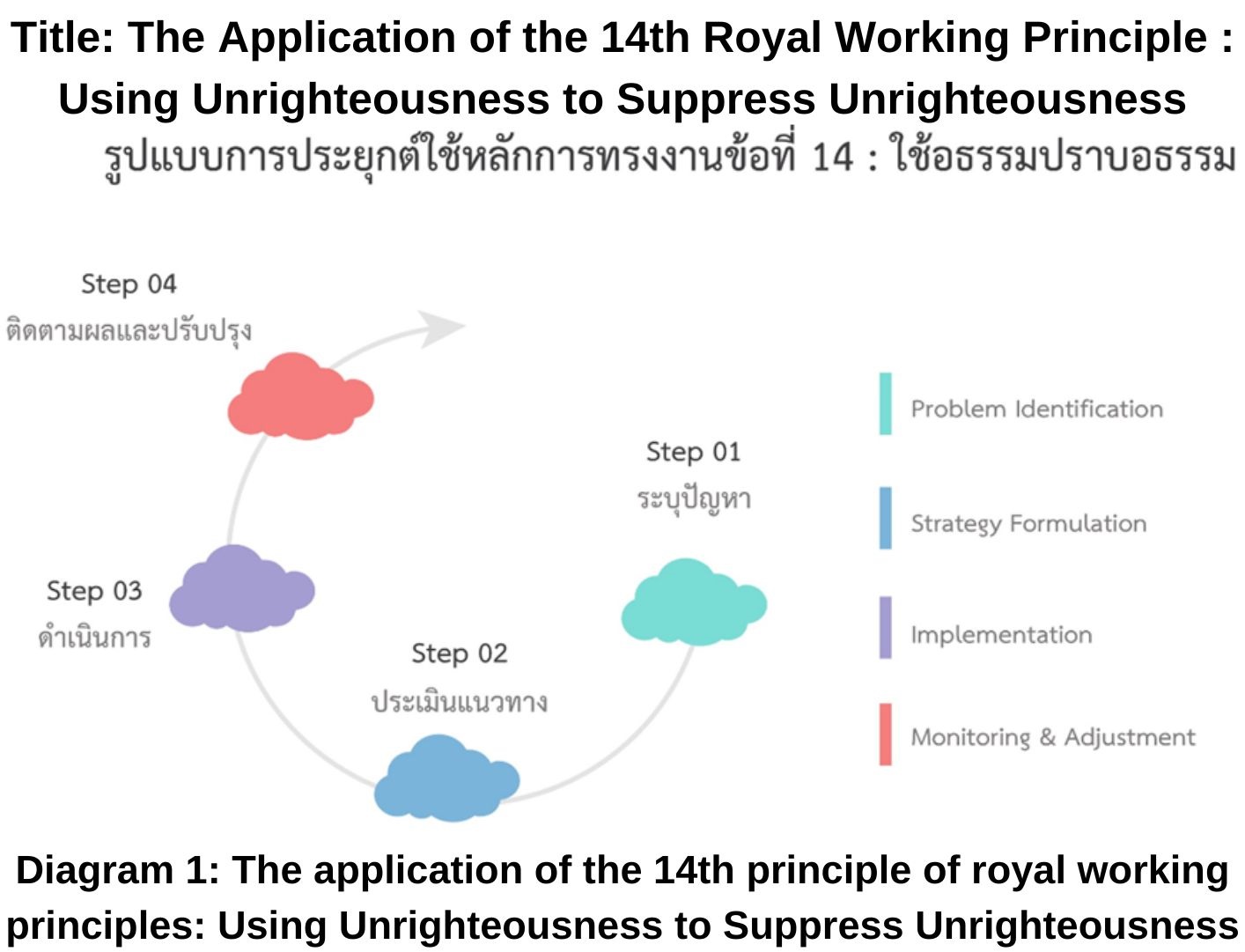Vol. 2 No. 2 (2025): February 2025
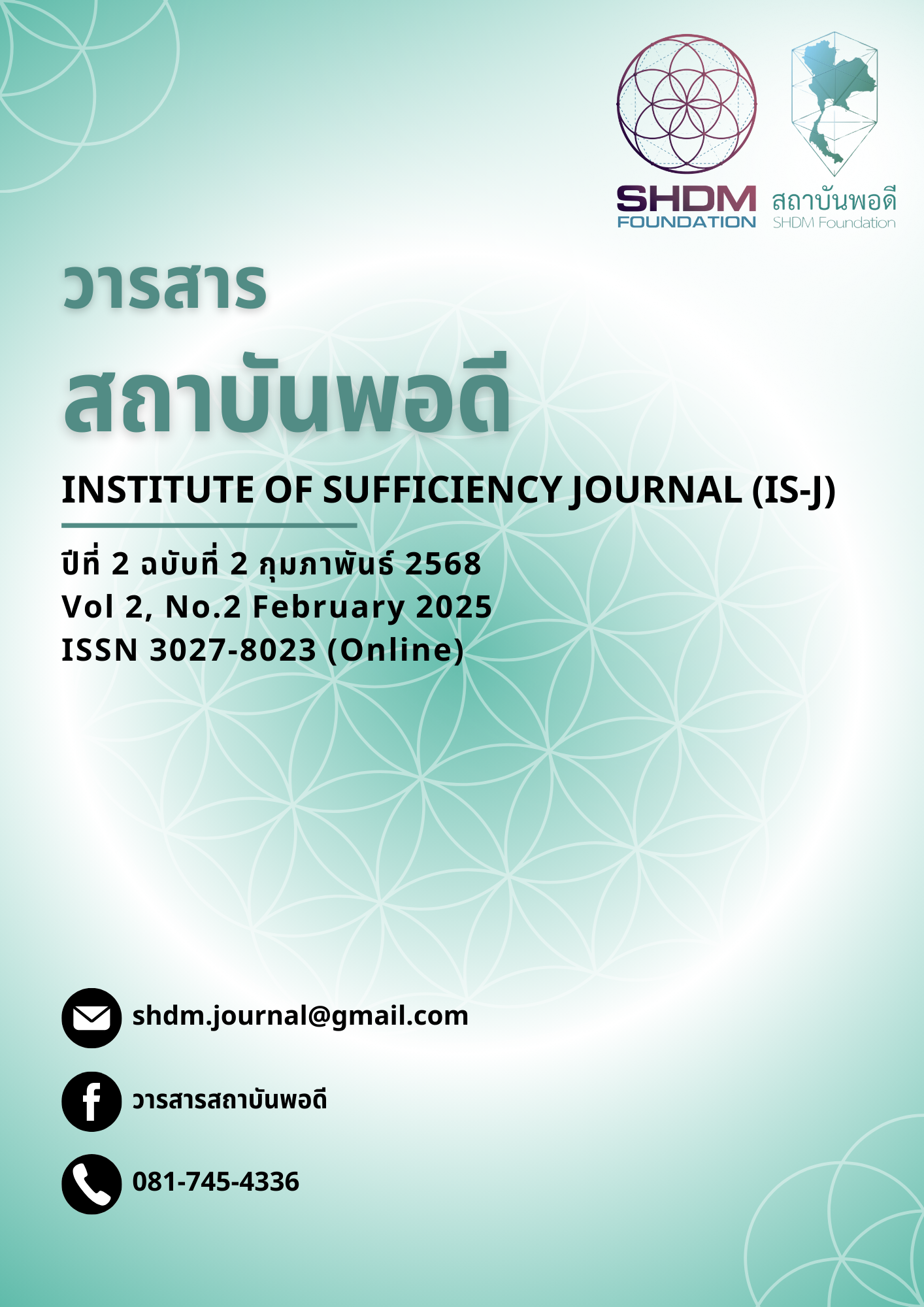
The research and academic articles featured in the Institute of Sufficiency Journal, Volume 2, Issue 2, February 2025, continue from the previous issue, as many authors have shown great interest in publishing their research and academic works in this journal. Additionally, we are honored to receive support from distinguished faculty members from various universities, as well as independent scholars, who have kindly contributed as advisors, editorial board members, and peer reviewers. Each of these esteemed individuals possesses deep expertise in their respective fields of study.
This issue includes four research articles and two academic articles, as follows:
-
Research Articles:
- A Study of Factors Influencing the Development of PLC Activities among Teachers in the Kwangkham School Network, Khao Suan Kwang District, Khon Kaen Province
- Administrative Factors and Educational Quality in Private Schools under the Office of the Private Education Commission in a Region of Thailand
- The Relationship Between Organizational Climate and Work Happiness Among Teachers and Educational Personnel Under the Udonthani Primary Educational Service Area Office 1
- A Comparative Study of Zygmunt Bauman’s Ethics and Immanuel Kant’s Ethics
-
Academic Articles:
- Sacca Pāramī (Perfection of Truth) in Theravāda Buddhist Philosophy
- Application of the 14th Royal Working Principle: Using “Adhamma” to Counter “Adhamma”
The final academic article continues the study from previous journal issues, which have explored the application of each Royal Working Principle. This issue focuses on the 14th principle, where the term "Adhamma" in this context does not directly refer to immoral actions but rather to strategies or measures that may not align with conventional approaches or traditional frameworks. These methods aim to restore balance and resolve societal challenges. This collection of articles reflects the journal’s broad academic scope, covering social sciences, philosophy, administration, and Buddhist studies, with practical implications in various contexts.
All articles in this issue have undergone rigorous quality assessments by expert peer reviewers. The editorial board prioritizes articles that align with the journal’s objectives, selecting high-quality submissions before forwarding them to three qualified reviewers for further evaluation. The selected articles meet the quality standards set by the Thai Journal Citation Index Centre (TCI).
The editorial board sincerely hopes that the research articles published in this journal will contribute to the advancement of knowledge in education and benefit academic institutions and society as a whole.

